What Is Chlorine Irritation & How Can It Affect You?
- 21 Feb 2020
What is Chlorine and when is it used?
Chlorine is the most common disinfectant used in both indoor and outdoor swimming pools. It is used as a disinfecting agent to help keep the swimming pool water clean and ready for use. When chlorine is used in outdoor pools it is able to dissipate quicker due to the environmental circulation. Whereas, when chlorine is used on indoor pools, especially pools where indoor ventilation is limited, then it remains contained.

When chlorine is contained in poorly regulated establishments then frequently swimmers who partake in prolonged swim sessions may start to see symptoms of chlorine cough, or other suchlike problems. Some of the first symptoms of a problem is noticing abnormal amounts of coughing or wheezing.
Chlorine makes it harder on your lungs, often being very irritating towards them. Swimming indoors frequently is what exposes you to high levels of chlorine which significantly increases the risk of lung irritation and the subsequent problems.
Is there any way notice the onset?
Once again, any abnormal amounts or frequent coughing or wheezing is a definite sign that your lungs have been irritated. Look out for feeling discomfort. As well as wheezing and coughing if you feel your throat burning then these are all signs that you should be taking a break.
Other symptoms or signs of chlorine irritation can be:
- A sensation of burning in your eyes, throat or nose
- Coughing or wheezing
- A tightness of the chest
- Blurred vision
- Noticeable skin burning, redness or irritation
If any abnormal reactions seem to bother you consistently seek a professional opinion.
How does it work?
There are a lot of variables too factor it when considering how chlorine irritation works. Some of the things to consider are how much chlorine you are being exposed too, how often and for how long you are exposed to it.
It is when chlorine comes into contact with sensitive parts of the body such as your throat, lungs or eyes that irritation is caused. When it makes contact an acid is produced which damages the tissue on these parts of the body.
How to prevent/treat it?
There are no current treatments to the chlorine irritation itself however there are plenty of preventative measure to take yourself away from the irritation and lessen it. If symptoms worsen then preventative measure will not be enough, and you should visit somewhere for professional help.
One of the simplest preventative measures is taking a break. If you can feel the symptoms such as throat soreness, irritation, coughing, etc. start to bother you then take a break. Leave the chlorinated environment entirely and get some fresh air. Taking yourself away from it is lessening the damage that the environment can do.
To help rid the chlorine from your body it is important that you rinse yourself off after every practice. Use non-chlorinated water to cleanse yourself and make sure that you scrub thoroughly. Chlorine is often hard to remove as it clings to the skin even after you have gotten out of the pool.
Ultimately, some issues associated with chlorine irritation are unavoidable and unpredictable. Make sure that you listen to what your body needs, choose your environments carefully and if anything worsens seek professional treatment.
Stay safe and swim healthy!


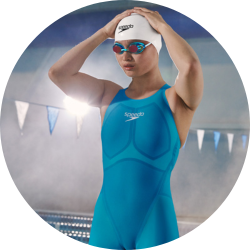






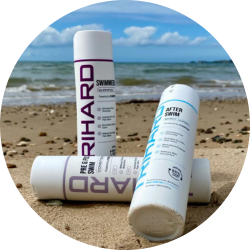

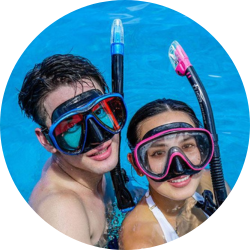

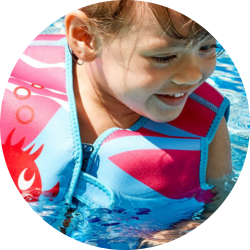

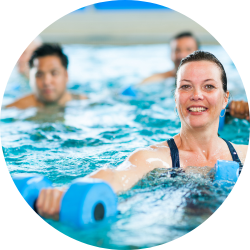































































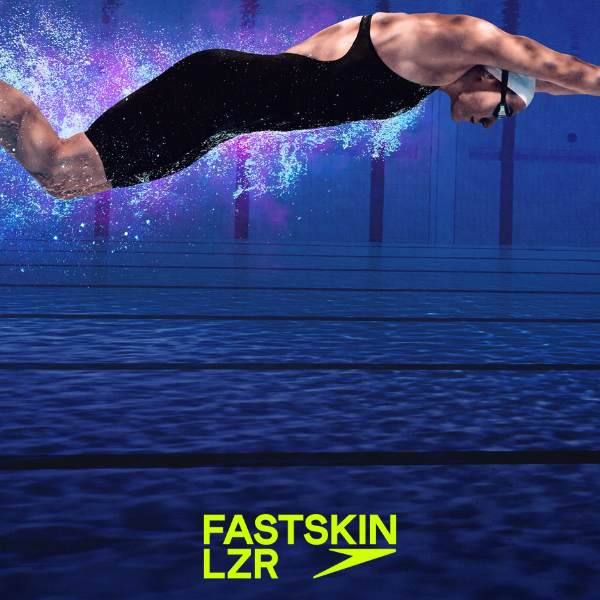
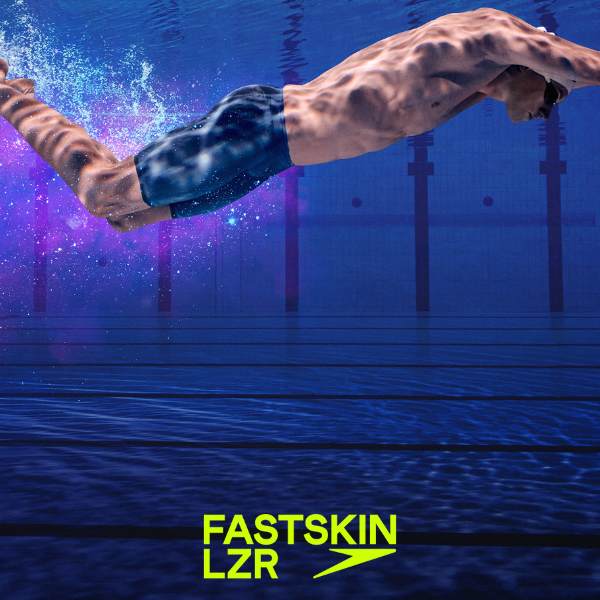




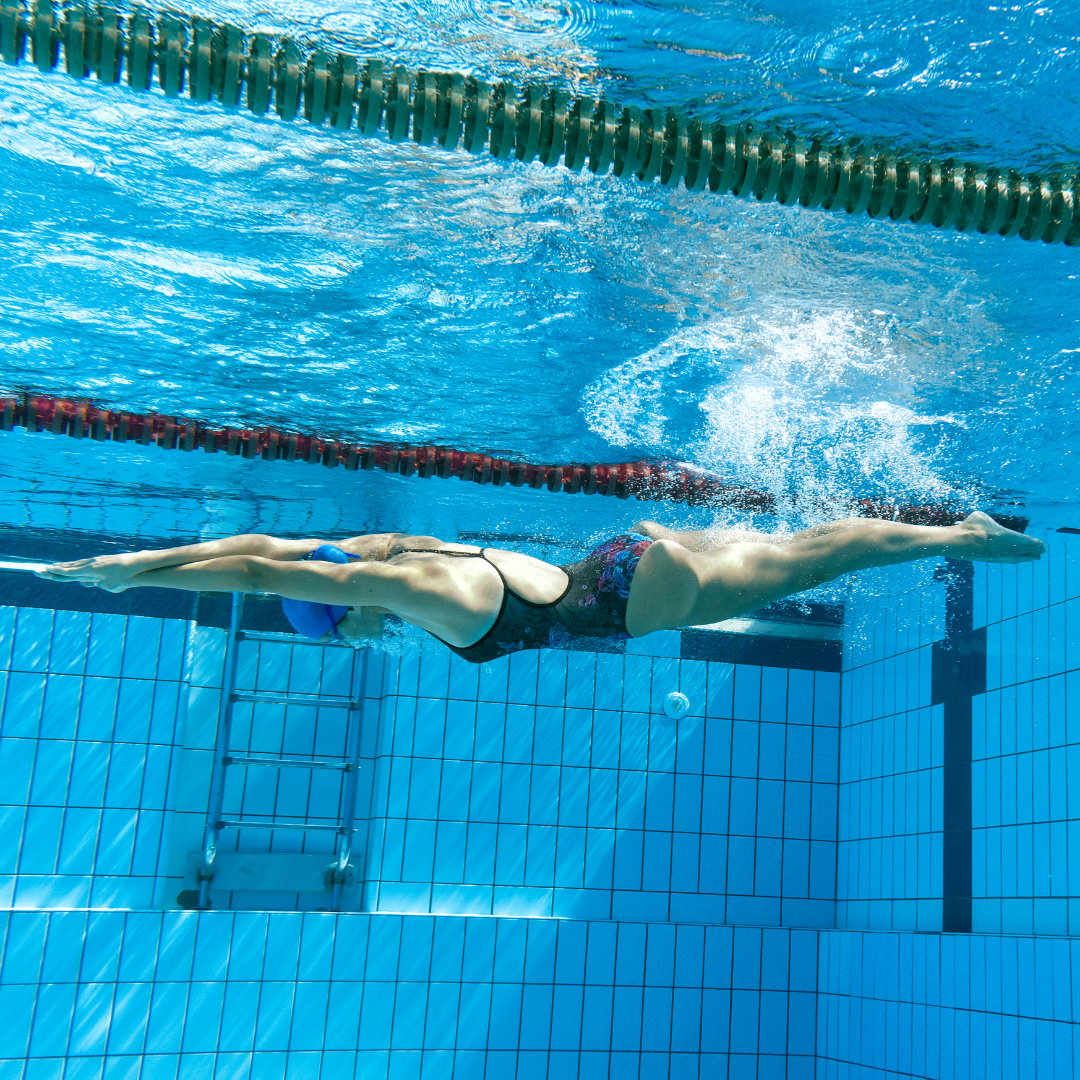



Validate your login